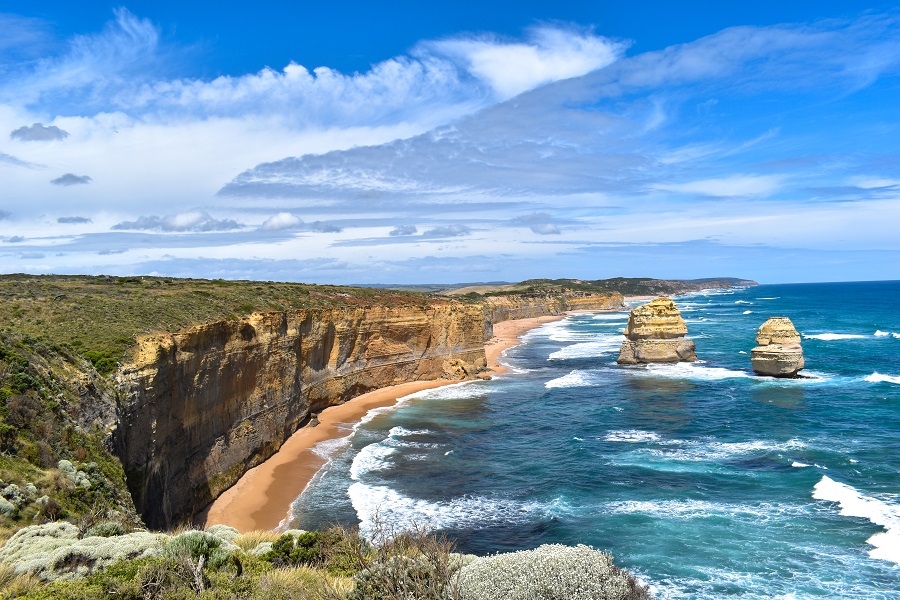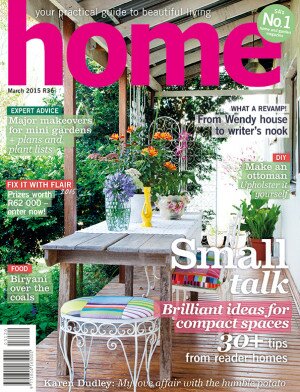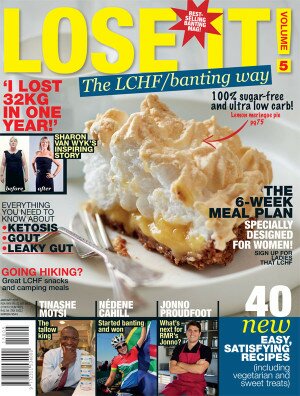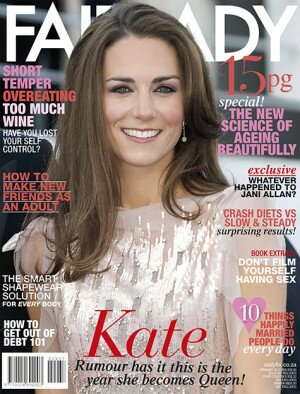Step-by-Step Planning for Relocation to Australia

If you're considering a move to Australia, it's essential to plan each step carefully—from securing the right visa to finding your new home. You'll need to manage paperwork, finances, and logistics, all while navigating a different system.
Missing a detail could set you back, but with a clear roadmap, you can ease the transition. Before you take that first step, there's one crucial aspect you shouldn't overlook...
Exploring Visa Pathways and Legal Requirements
Planning a move to Australia requires careful consideration of the appropriate visa pathway for your individual circumstances. For skilled professionals under the age of 45, the subclass 189 visa is often a strong option. This visa requires that applicants have skills listed on Australia’s official occupation list and achieve a minimum score of 65 points, assessed based on factors such as age, qualifications, English proficiency, and relevant work experience.
For those seeking to join a partner in Australia, the subclass 820 and 801 visas may be suitable. Applicants must provide sufficient documentation to demonstrate the authenticity and continuity of their relationship, with typical processing times ranging from 18 to 24 months.
Regardless of the visa type, all applicants must complete mandatory health examinations and police checks. To enhance the likelihood of success, it’s best to apply early through ImmiAccount, ensuring all documents — such as your passport, qualifications, and proof of employment — are accurately compiled and submitted.
If you’re applying from South Africa, this comprehensive guide on the australian visa for south africans provides valuable insights into eligibility criteria, documentation requirements, and common pitfalls to avoid throughout the process.
Budgeting for Your Move and Financial Preparation
When planning your move, it's crucial to consider the financial aspects of relocation. Begin by accounting for visa fees; for instance, skilled migration visas such as the subclass 189 start at approximately $4,000 AUD, while student visas cost around $454 AUD. Additionally, factor in airfare costs, which generally range between $1,000 and $2,000 USD per person.
It's advisable to budget for at least one month of accommodation expenses, with a one-bedroom apartment averaging 3,315.60 AUD in Sydney and 2,380.44 AUD in Melbourne.
Utilizing tools like Numbeo can help estimate living costs more accurately. Six months before your move, consider opening a Wise multi-currency account and ensure you have the necessary identification for seamless money transfers.
Packing, Shipping, and Customs Essentials
To ensure your belongings reach Australia safely and efficiently, you should first decide between air freight, sea cargo, or international mail. Each option has implications for cost and delivery time. When shipping unaccompanied personal effects, it's crucial to declare them accurately to potentially qualify for customs exemptions.
For individuals staying short-term, there's an allowance to import items duty-free for up to 12 months. It's important to consult the restricted goods list, as items such as plants and untreated wood are prohibited.
Packaging should involve waterproof and durable materials, with boxes clearly labeled with their contents and destination. Additionally, fragile items should be wrapped securely to prevent damage. These steps are essential in minimizing the risk of transit damage, customs delays, or confiscation.
Finding a Home and Settling Into Australian Life
Securing a place to live in Australia involves several practical steps. Begin by budgeting for rent, which can vary significantly by location. For instance, Sydney's city center sees an average monthly rent of approximately 3,315.60 AUD for a one-bedroom apartment, whereas Melbourne offers relatively lower rents, averaging around 1,700 AUD.
It's essential to prepare key documents such as a passport, visa, proof of income, and references when applying for rentals. Prospective tenants should attend property viewings and submit applications online. Additionally, utilities for an average-sized apartment typically range from 220 to 300 AUD per month.
It's advisable to arrange temporary accommodation upon arrival and dedicate time to exploring different neighborhoods to find a suitable living environment. Engaging with community groups, particularly in cities like Adelaide where living costs are generally lower, can facilitate adaptation and integration into the local community. This approach helps new residents settle into their new city more effectively.
Navigating Employment, Healthcare, and Local Services
If you're planning to relocate to Australia, it's advisable to start by researching employment opportunities on platforms such as Seek, Indeed, or LinkedIn. Focus on positions that are aligned with Australia’s Temporary Skill Shortage visa (subclass 482) to make use of your U.S. qualifications effectively. For healthcare needs, enrolling in Medicare will provide access to subsidized medical services.
However, it may be beneficial to also consider private health insurance options, such as Cigna Global, to cover additional services that aren't included in Medicare, such as dental or optical care. In terms of transportation, utilizing public transit systems in cities like Sydney and Melbourne can be facilitated with contactless payment cards or Myki cards, respectively. These systems offer convenient and capped fare options.
To manage finances, setting up a Wise bank account can facilitate smooth transactions in Australian Dollars (AUD). It's also recommended to arrange for utilities prior to your arrival and to compare banking options from institutions like Commonwealth Bank (Commbank) or Westpac to establish and build your credit history in Australia. Each of these steps can contribute to a smoother transition and integration into life in Australia.
Conclusion
Relocating to Australia is a big adventure, but with careful planning, you’ll handle it smoothly. Start by nailing down the right visa and prepping your paperwork, then move on to budgeting and arranging your move.
Pack wisely, declare your belongings, and once you land, focus on finding a home and integrating into daily life. Don’t forget essentials like job hunting, Medicare, and public transport. With every step, you’re getting closer to your exciting new life Down Under!





